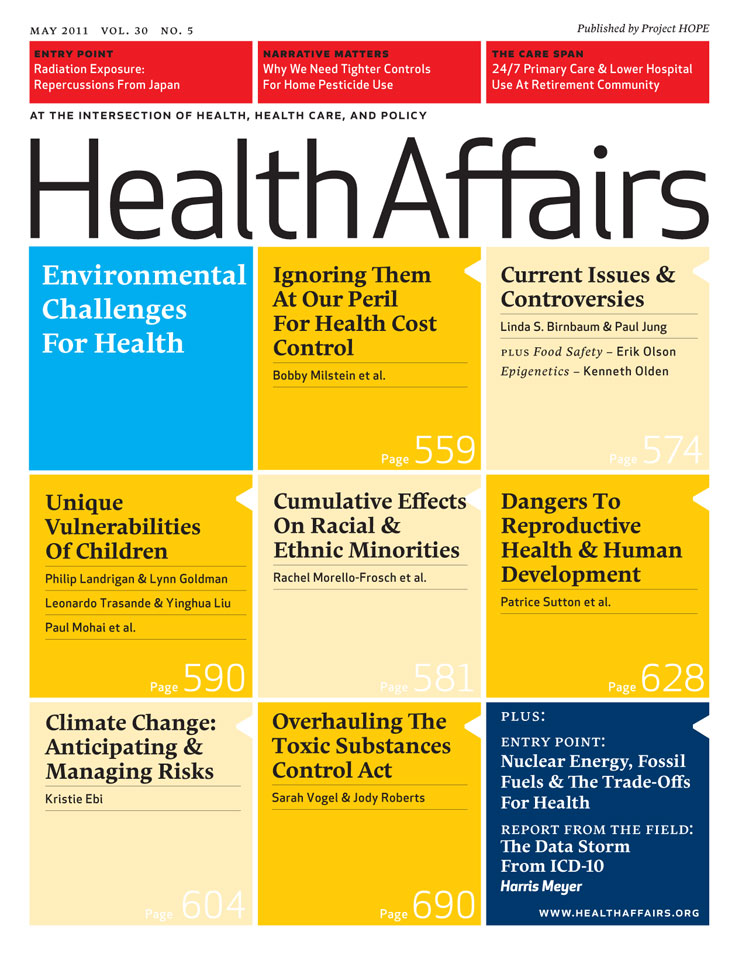 David Asch and I recently published an article in Health Affairs on the challenge of getting healthcare practitioners to stop doing things they are accustomed to doing, even when the evidence that those things are harmful becomes overwhelming. Here is a teaser from that article, and a link to the full piece:
David Asch and I recently published an article in Health Affairs on the challenge of getting healthcare practitioners to stop doing things they are accustomed to doing, even when the evidence that those things are harmful becomes overwhelming. Here is a teaser from that article, and a link to the full piece:
As hard as it may be for clinicians to adopt new practices, it is often harder for them to “de-innovate,” or give up old practices, even when new evidence reveals that those practices offer little value. In this article we explore recent controversies over screening for breast and prostate cancer and testing for sleep disorders. We show that these controversies are not caused solely by a lack of clinical data on the harms and benefits of these tests but are also influenced by several psychological biases that make it difficult for clinicians to de-innovate. De-innovation could be fostered by making sure that advisory panels and guideline committees include experts who have competing biases; emphasizing evidence over clinical judgment; resisting “indication creep,” or the premature extension of innovations into unproven areas; and encouraging clinicians to explicitly consider how their experiences bias their interpretations of clinical evidence.
